ECM-derived proteins and carbohydrates are advantageous biopolymers for engineering of biocompatible and cell-supportive hydrogels. By fine-tuning mechanical properties and biochemical compositions these hydrogels can be utilized as a simplified version of cellular microenvironments for tissue engineering1–3. Our current focus lies on hydrogels that support microvasculature formation, stabilization and functionality for micro-physiological tissue engineering.

Figure 3: Formation of microvascular networks in gelatin-based hydrogels.
Selected publications
- Blocki A, Löwenberg C, Jiang Y, Kratz K, Neffe AT, Jung F, Lendlein A (2017) Response of encapsulated cells to a gelatin matrix with varied bulk and microenvironmental elastic properties. Polym Adv Technol 28:1245–1251
- Blocki A, Löper F, Chirico N, Neffe AT, Jung F, Stamm C, Lendlein A (2017) Engineering of cell-laden gelatin-based microgels for cell delivery and immobilization in regenerative therapies. Clin Hemorheol Microcirc 67:251–259
- Blocki A, Beyer S, Dewavrin JY, Goralczyk A, Wang Y, Peh P, Ng M, Moonshi SS, Vuddagiri S, Raghunath M, Martinez EC, Bhakoo KK (2015) Microcapsules engineered to support mesenchymal stem cell (MSC) survival and proliferation enable long-term retention of MSCs in infarcted myocardium. Biomaterials 53:12–24

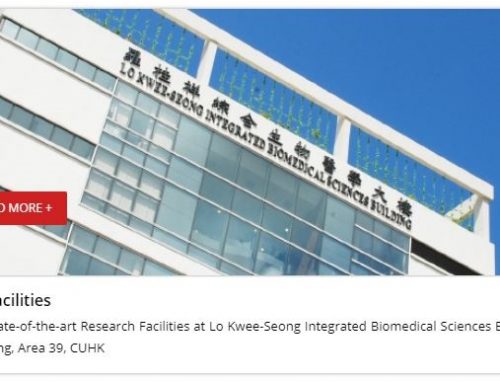
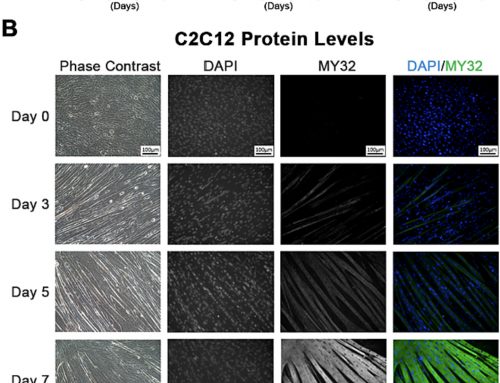
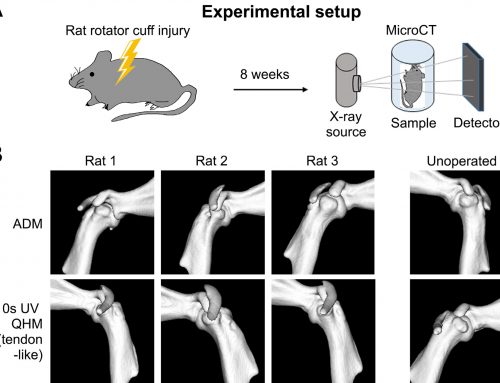
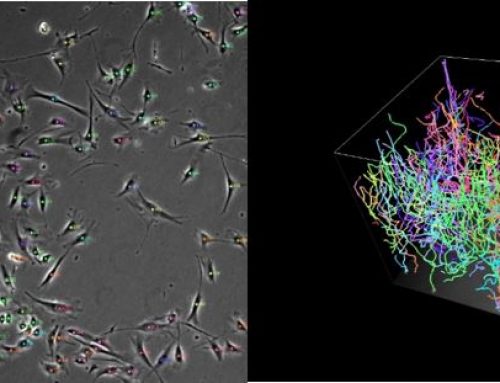
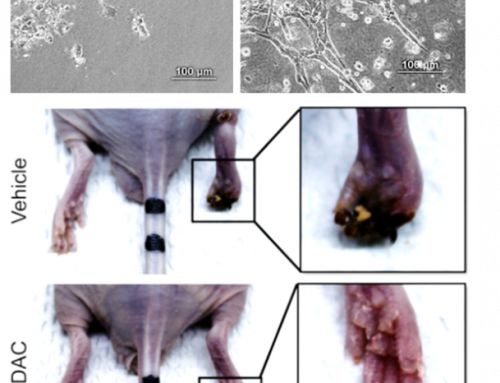
Leave A Comment